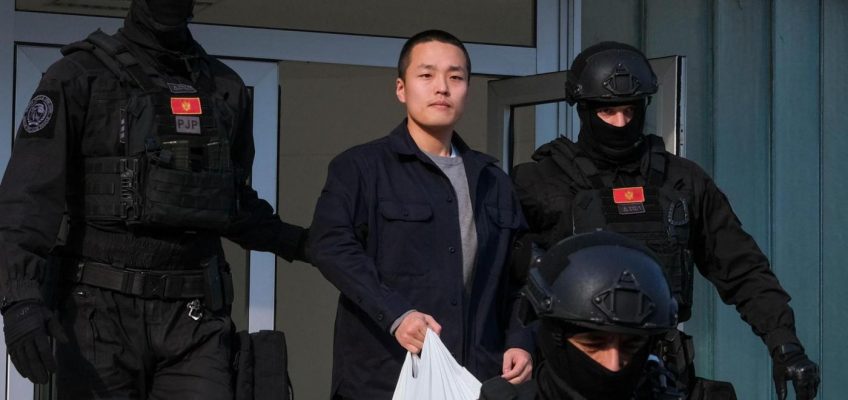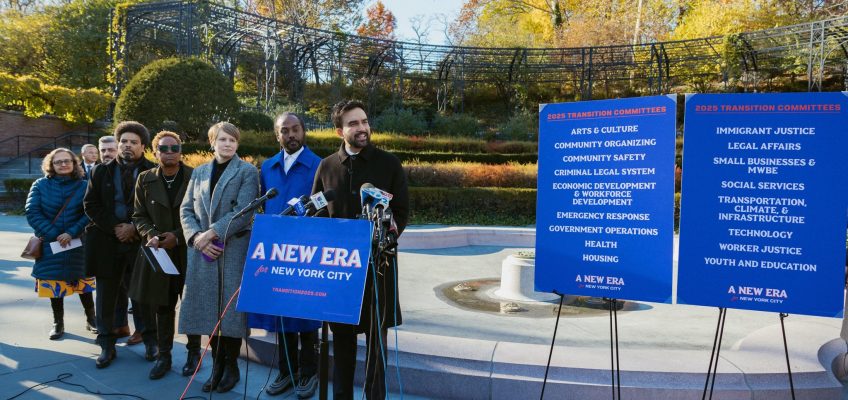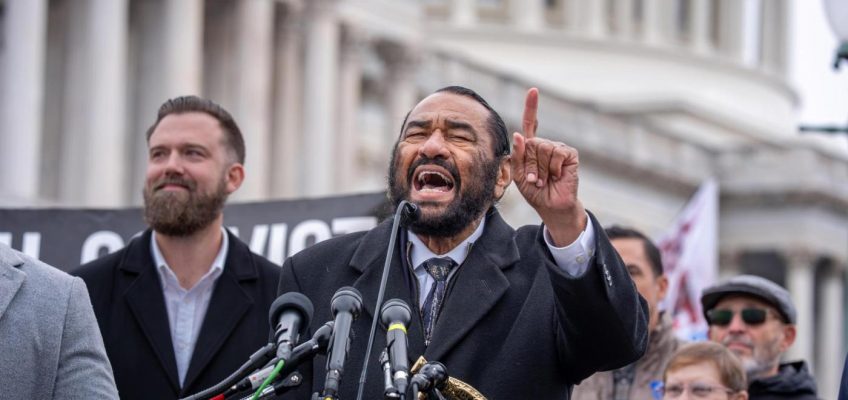Trailing 3-0 early in a do-or-die match, St. Paul-based Team Peterson rallied to score eight of the final nine points Thursday in the Olympic Qualification Event in Kelowna, Canada to send Norway home with an 8-4 victory that will send the Americans to the 2026 Milano-Cortina Olympic Winter Games.
After securing the victory, skipper Tabitha Peterson joined her teammates — her sister, Tara Peterson, Cory Thiesse and Taylor Anderson-Heide — threw her arms around them and said, “I’m so proud of you guys. I’m just so proud of you.”
Two spots were available in the women’s draw at this week’s qualification event. Japan and Norway finished in a tie for first in the round-robin portion with 6-1 marks, with the United States in third at 5-2.
Japan edged Norway, 6-5, on Wednesday to secure the first spot, leaving the United States and Norway to battle it out up north Thursday for the final bid.
After the Americans went down early, Tabitha Peterson told her team, “Well, we’ve got lots of game left, girls.”
“We knew with anything like that, there’s lots of time to battle back,” Peterson said in her post-match, television interview, “and that’s just what we did.”
After falling behind, the Americans delivered a three-point end of their own shortly thereafter to knot the match and took control from there.
Team Peterson won a bronze medal at the 2021 World Championships and finished sixth at the 2022 Beijing Games. Tabitha was part of the team that finished eighth in the Pyeongchang Games in 2018. Since then, both sisters have become mothers.
That’s one of the reasons Team Peterson had to compete in the qualification event; with the sisters in and out of the lineup, the team just missed qualifying on international points. The team failed to advance out of the round-robin stage at this year’s World Championships in March.
This was the hard way, and successfully navigating it clearly meant a lot to Tabitha.
“It’s what we’ve been training for since four years ago, really,” she said in her television interview. “It’s just really special, especially with this group of girls. Now being a new mom, it’s just different. it’s just really special and I can’t wait to go there, perform and show everybody what we can do.”
Team Peterson’s victory comes a day after the American men – a Chaska-based team skipped by Danny Casper — clinched an Olympics berth of its own.
The Olympic Games are scheduled for Feb. 6-22.
Related Articles
IOC president Coventry sets early 2026 target for new Olympic policy on gender eligibility
Lindsey Vonn added 12 pounds of muscle to her frame and is ready for her Olympic season at age 41
Nine Russian and Belarusian skiers get neutral status to compete in Olympics qualifying events
Hockey at the Winter Olympics will be played on shorter ice than NHL dimensions
US prioritizes visas for fans traveling for the World Cup, Olympics and other events




